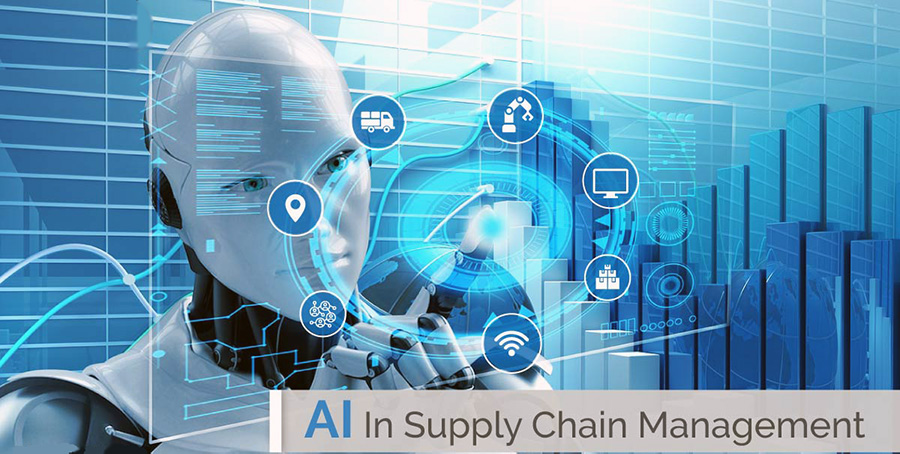Machine learning is already active and continuing to improve every day. Whatever from self-driving automobiles to social media is being defined by how fast innovation can train machines to act like humans, or maybe even surpass their abilities.
Business applications based upon innovative technologies such as AI and artificial intelligence (ML), though still in the nascent phases of development, are starting to drive business innovation methods.
The New World of Logistics & Supply Chain Management
In the supply chain and logistics market, these innovations are proving to be a game-changer. McKinsey & Business anticipates businesses to get in between $1.3 tr and $2tr a year in economic value by utilizing AI in their supply chains. According to PricewaterhouseCoopers, AI could contribute practically $15.7 tr to the worldwide economy by 2030.
A key reason why AI adoption is removing in the supply chain is the realization by a business of its propensity to resolve the complexities of running an international logistics network. Carried out correctly, AI assists businesses to make smarter and more nimble decisions, and expect problems.
Proactive systems made it possible for by AI are raising the quality of service, going beyond consumer expectations for on-time and undamaged shipments. They’re further enhancing efficiency through automated compliance processing. The result is lower costs and fewer issues throughout the logistics network.
What’s most exciting about AI, nevertheless, is its relatively limitless potential. When bundled with associated technologies such as ML, the Internet of Things (IoT), and forecasting analytics, algorithms become more powerful. Access to extra data offers companies a better picture of their worldwide logistics networks. This degree of transparency is essential because it acknowledges that the method we think of supply chain management and logistics is changing.
AI Promises to Have a Dramatic Effect on Logistics in 4 Crucial Areas
Predictive Capabilities Are Helping With Forecasting
When stock lags need, companies suffer losses. AI is ramping up performances in network planning and predictive demand, permitting merchandisers to become more proactive. By knowing what to expect, they can change the number of cars or trucks and direct them to locations where there is the greatest need. This preparation results in reduce functional expenses.
Chatbots Are Redefining Client Support
According to Accenture, 80% of all client engagements can be done by bots. AI can customize the relationship between customers and logistics service providers.
A current example of individualized client experience is DHL’s partnership with Amazon. By activating DHL Parcel “skill” via the Alexa app, DHL consumers can ask Alexa to get in touch with Amazon Echo or Echo Dot smart speakers and validate their parcels’ status. In case of any issues arising during the interaction, Echo users can directly get in touch with DHL for assistance by its customer assistance team.
Smart Warehouses Are Far More Effective
A smart storage facility is an entirely automated center wherein most work via automation or software. The process streamlines tedious tasks, and operations end up being more economical.
Alibaba and Amazon have already transformed their warehouses through the use of automation. Amazon recently presented devices that automate the job of boxing consumer orders. In Amazon storage facilities, robotics work alongside people to increase productivity and performance.
Genetic Algorithms Are Improving Shipment Times & Minimizing Shipping Costs
In the logistics business, every mile and minute counts, so companies use a path planner based upon genetic algorithms to draw up optimal paths for shipments.
UPS utilizes Orion, a GPS tool that assists drivers in making prompt and cost-effective shipments. Paths can be prepared and enhanced depending upon traffic conditions and other aspects. Orion has helped UPS save almost $50m every year.
In the future, AI will set a new requirement of effectiveness across supply-chain and logistics processes. The game is altering quickly, creating a “new regular” in how global logistics businesses manage information, run operations, and serve clients in a manner that’s automated, intelligent, and more efficient.
Regardless of how people see these changes, AI and associated innovations are about to take control of global supply chain management.

